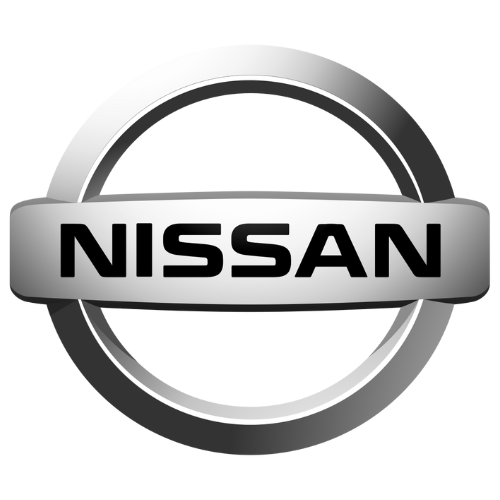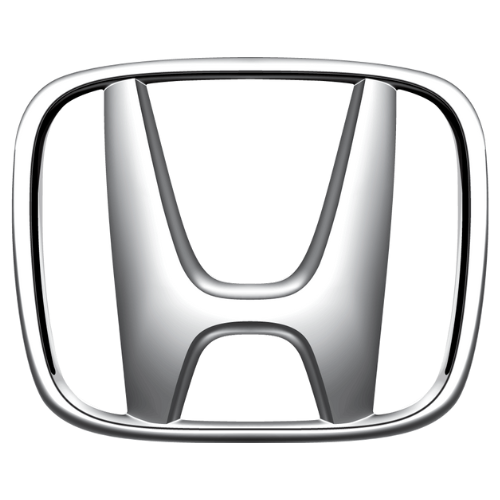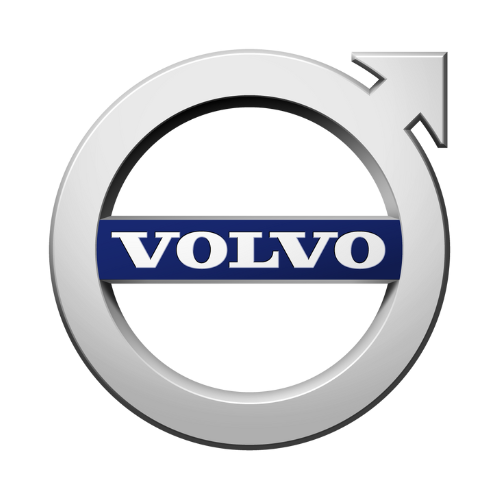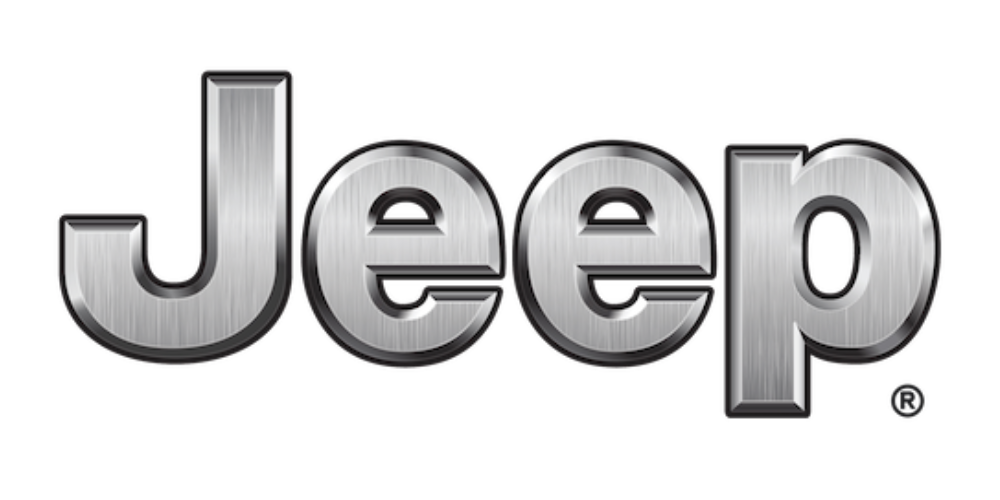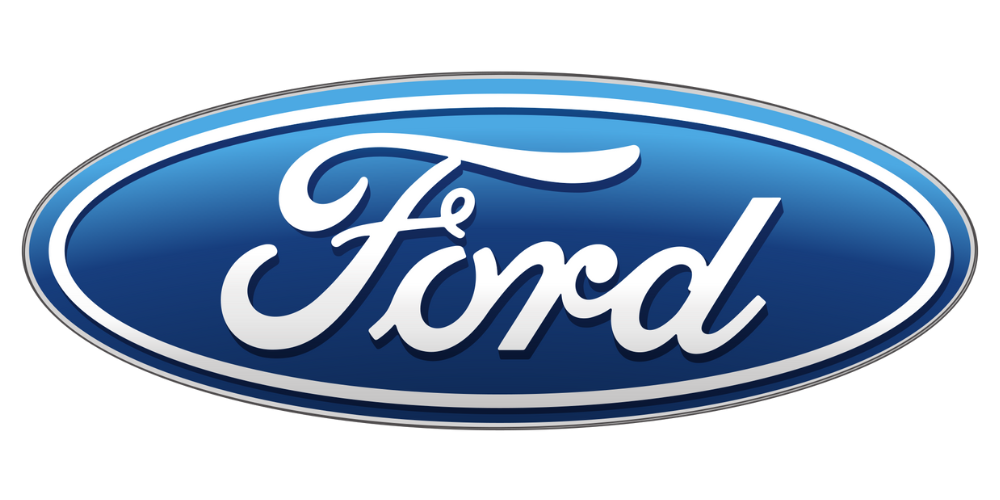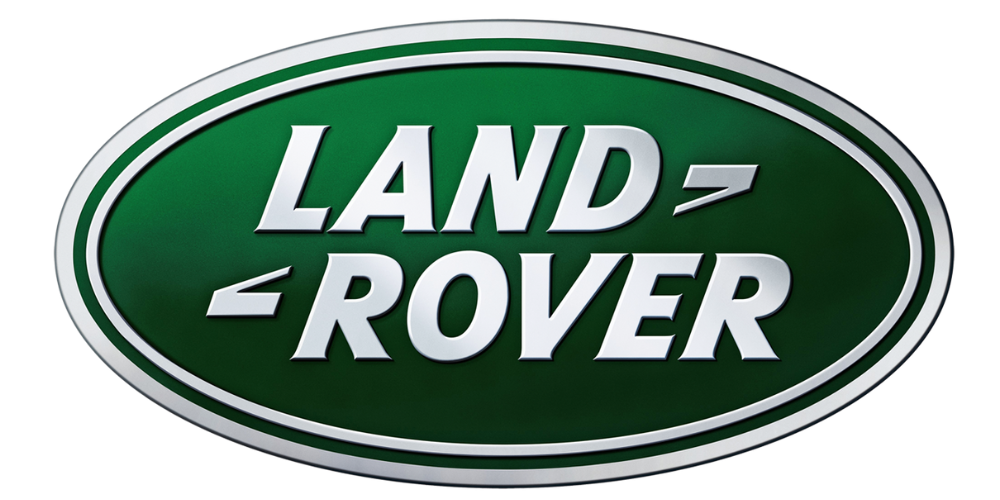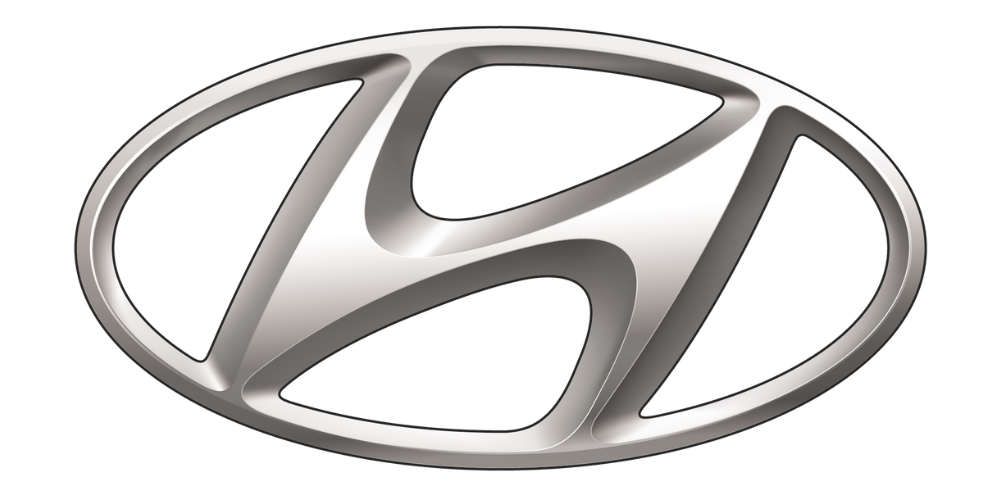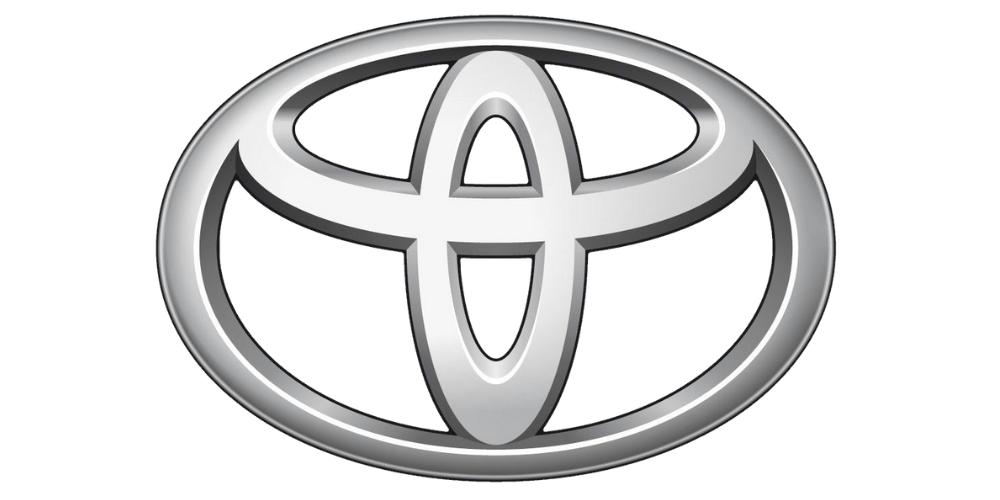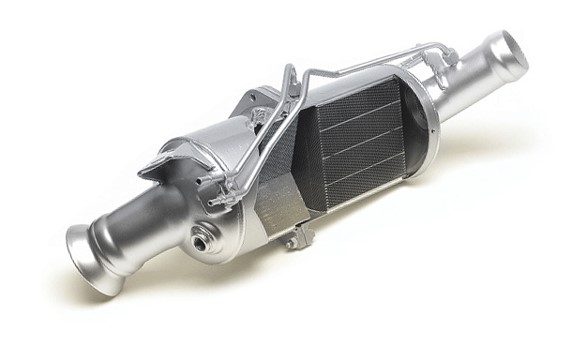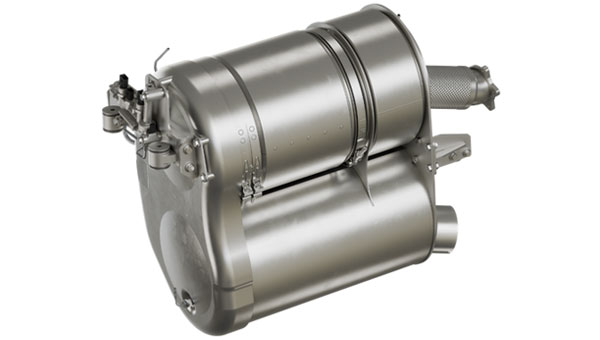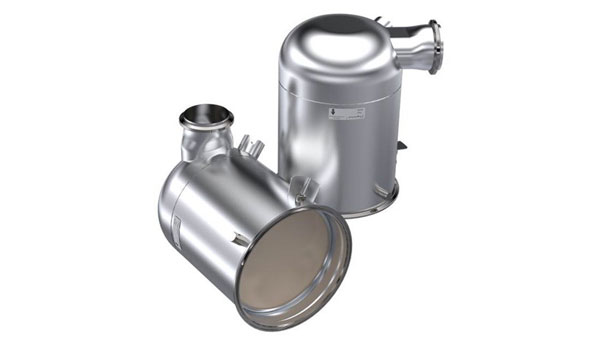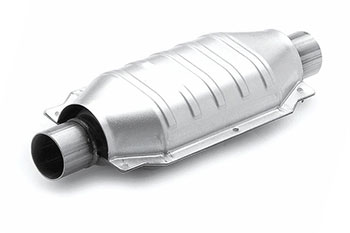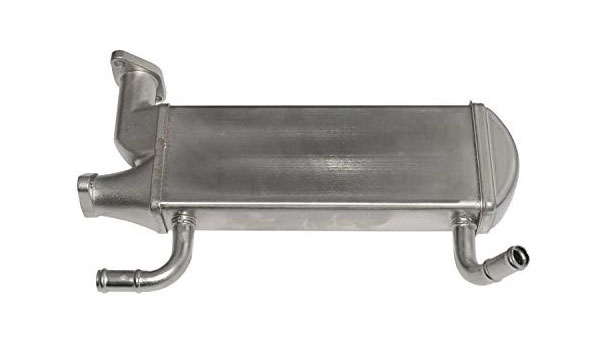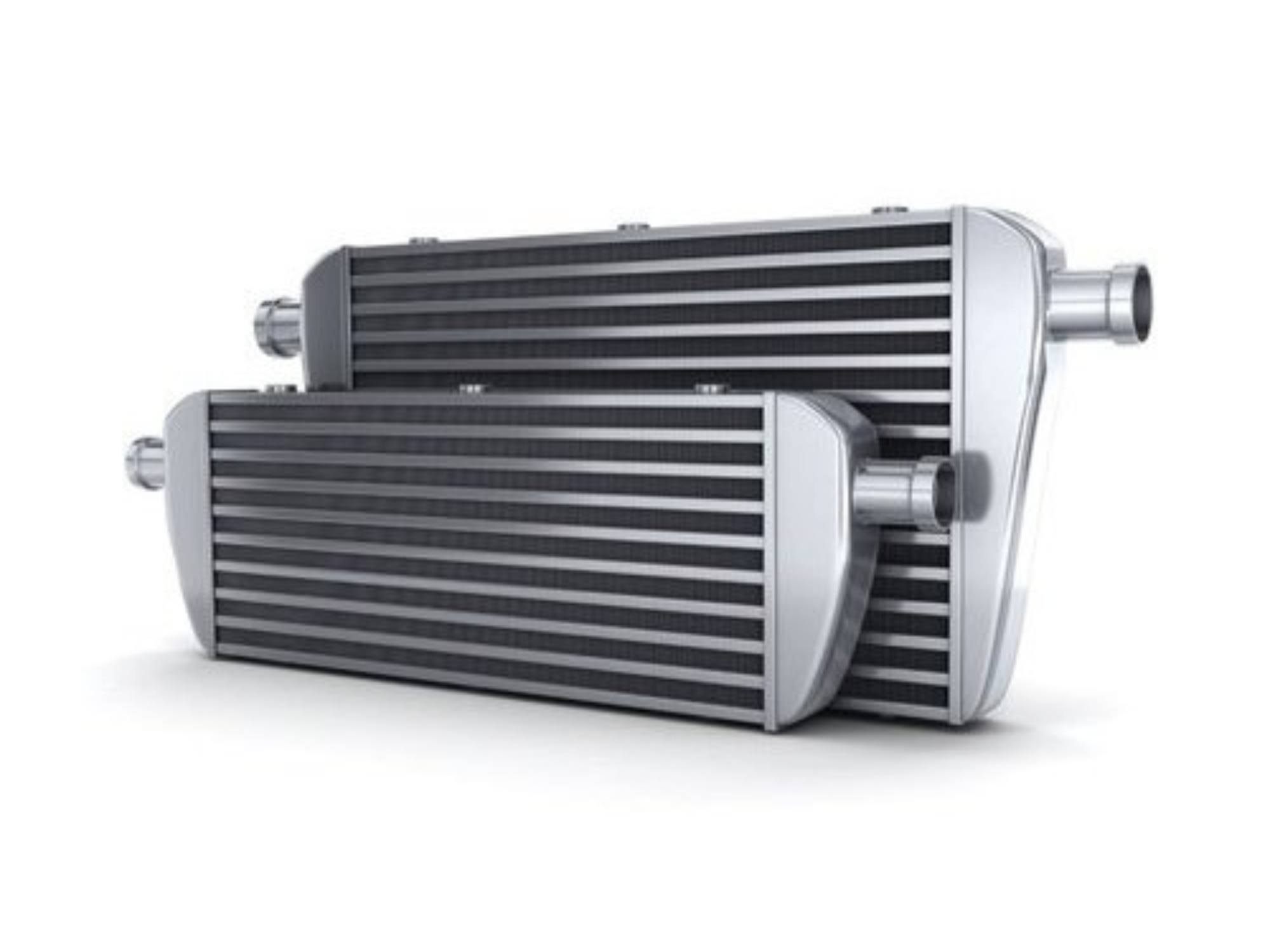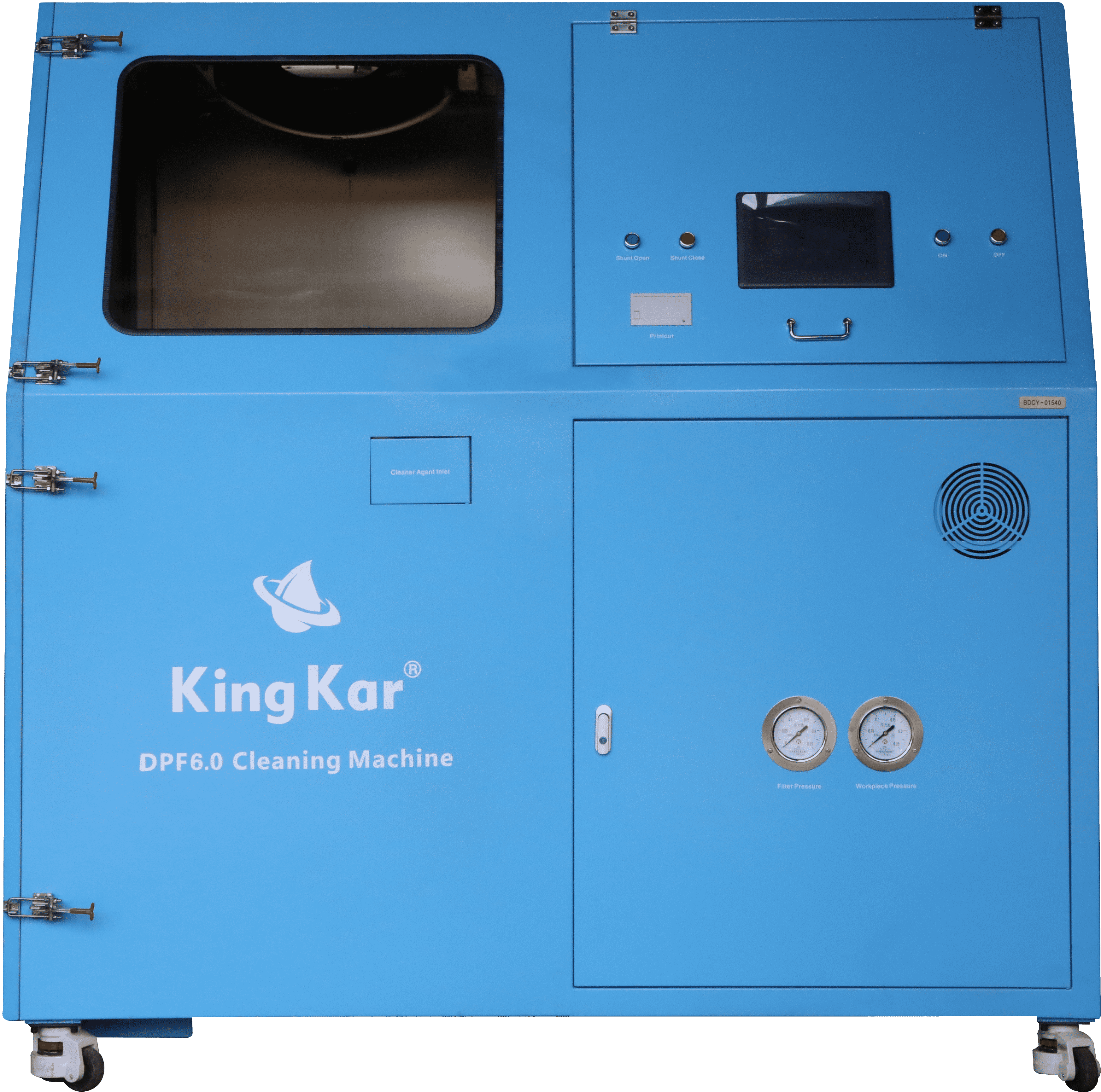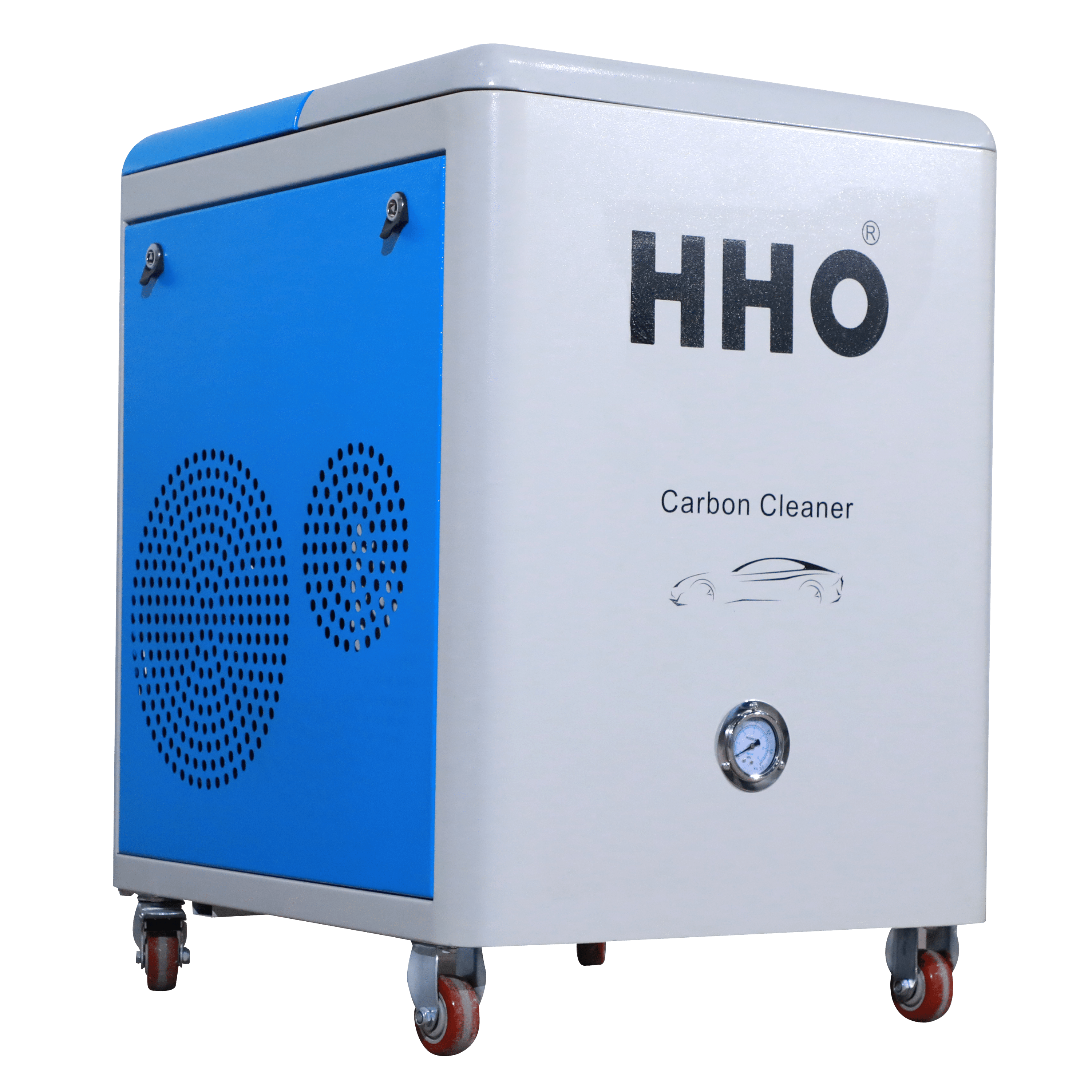How Our Cleaning is Done
Ultimate DPF Cleaning uses chemical and pneumatic methods to offer a comprehensive, efficient, and cost-effective solution for restoring the performance and longevity of diesel particulate filters, ensuring optimal emissions control and engine efficiency.
Chemical Cleaning
Chemical cleaning agents are effective at breaking down and dissolving stubborn particulate matter (PM) and ash deposits that have accumulated within the DPF. This thorough cleaning ensures that even deeply embedded contaminants are removed, restoring the filter's efficiency and performance.
Pneumatic Cleaning
Pneumatic cleaning, utilizing compressed air pulses, provides efficient removal of loosened particulate matter and ash from the filter pores. This method effectively dislodges and expels trapped contaminants, restoring airflow and reducing exhaust backpressure.
Major Benefits
Gentle on Filter Material
Chemical cleaning is non-abrasive and does not damage the delicate filter material, ensuring that the DPF retains its structural integrity and longevity. This is particularly important for ceramic filters commonly used in DPFs.
Versatile
Chemical cleaning can be used for both light and heavy levels of contamination, making it suitable for a wide range of DPF cleaning scenarios. It can effectively address various types of contaminants, including carbonaceous soot and ash.
Quick and Convenient
Chemical and pneumatic cleaning methods are typically quicker and more convenient than other DPF cleaning techniques, such as thermal or mechanical cleaning.
Cost-Effective
Compared to other DPF cleaning methods or DPF replacement, chemical and pneumatic cleaning are often more cost-effective solutions. They help to extend the service life of the DPF, reducing the need for frequent replacements and associated expenses.


